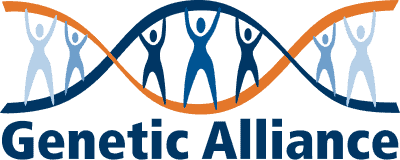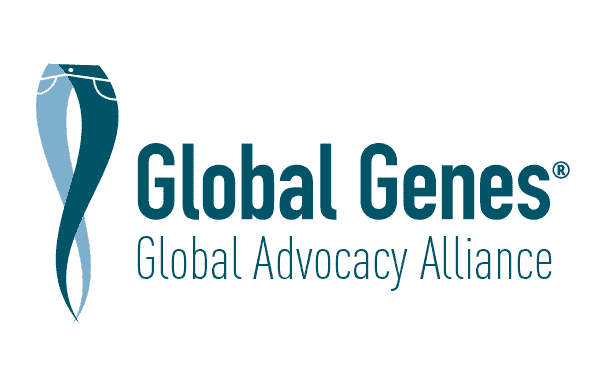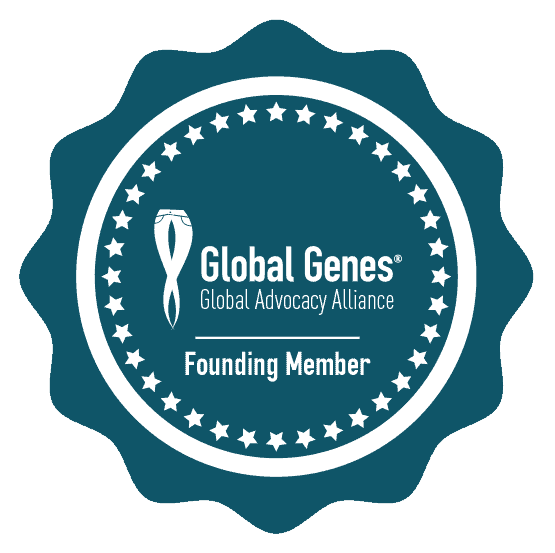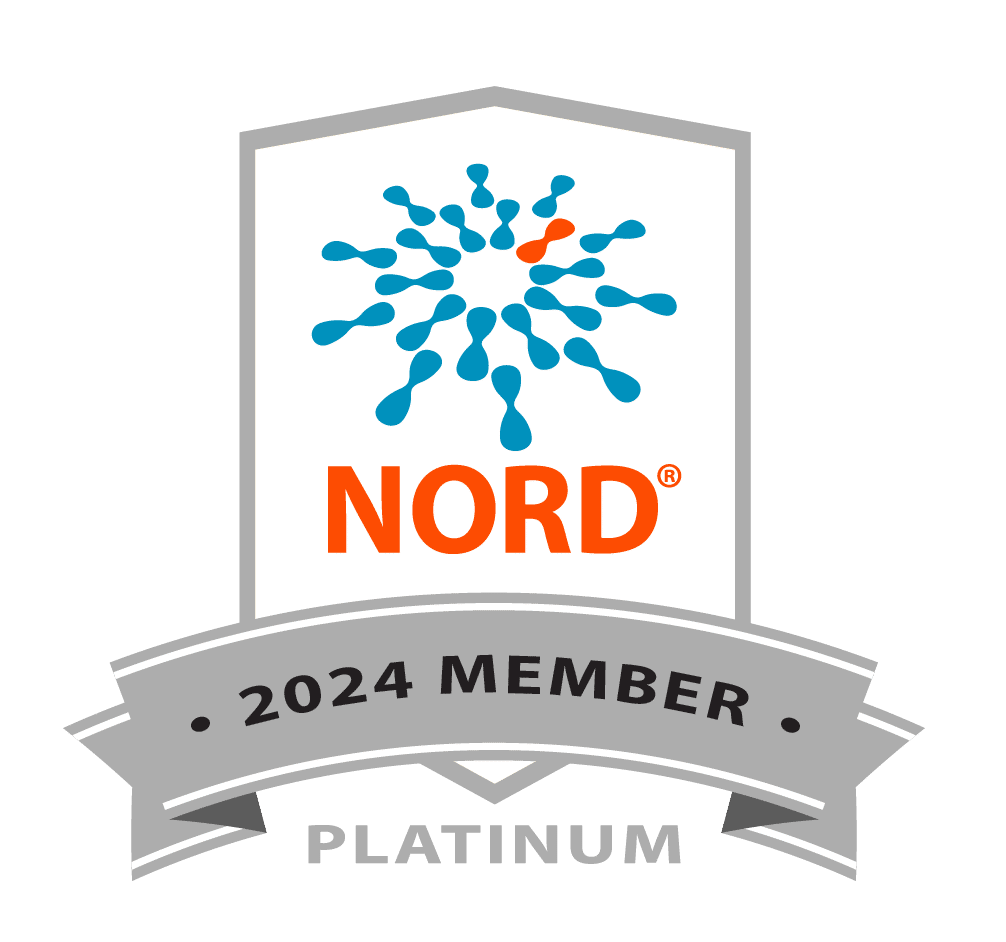Covid-19 Health Literacy resource in 30+ languages
https://covid19healthliteracyproject.com/#
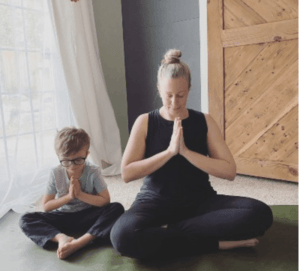
A blog-post by Elisabeth Parker, RASopathies Network Boardmember, at the Global Genes website: https://globalgenes.org/2020/03/26/self-care-for-caregivers-during-covid-19-outbreak/
March 26, 2020
~~~
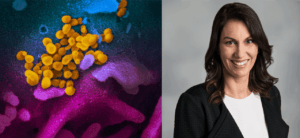
Strategies for Emotional Health during COVID19
Ask a Doctor
Please note that researchers and clinicians are learning more about this virus day by day, and medical advice is subject to change as new insights arise.
Dr. Green provided a Zoom meeting with RASopathies families March 23, 2020, about the challenges the children might have in terms of anxiety and uncertainty during this time of CoVid-19. Given that many of the children have learning issues, she discussed with callers how we can adjust our behavior to “meet them” where they are.
Link to the video of the March 23, 2020 Zoom meeting: https://stanford.zoom.us/rec/share/591nI-_JrX1Oc7OS-njOU-krGru5eaa81HRM-qYKnxmnVi2l7G0ngyD3VPOsKVdQ
***Thank you Dr. Green and Stanford!***
~~~
We can continue to field questions in addition to behavioral/mental health ones, to our Scientific Advisory Board.
–The RASopathies Network Board – info@rasopathiesnet.org
Dr. Green is a physician-scientist and a child psychiatrist who work primarily with children with neurodevelopmental disorders such as ADHD and autism as well as with children with known genetic conditions (“neurogenetic syndromes” such as Noonan syndrome and other Rasopathies, Turner syndrome, 22q11.2 deletion syndrome). She gained her training as a child psychiatrist at Tel Aviv University in Israel. She has completed a postdoctoral research fellow in neuroscience at the Center for Interdisciplinary Brain Sciences Research at the Department of Psychiatry and Behavioral Sciences at Stanford University Currently, I am an Assistant Professor at the department. My research focus is on human genetic models for neurodevelopmental disorders. One of my Lab’s interests is the Rasopathies, a collection of syndromes associated with genetic mutations affecting the Ras/MAPK pathway. These studies are directed at uncovering neural correlates associated with deficits in attention, memory, and social skills in this syndrome. Results for this ongoing research also have the potential to yield valuable new insights into the role of the Ras/MAPK pathway in brain development in general, and attention, memory, and social skills.
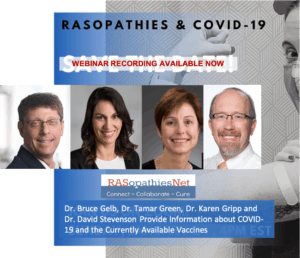
Go to RASopathies and COVID-19
A webinar with Dr.s Gelb, Green, Gripp and Stevenson on the COVID19 vaccine as it relates to the RASopathies, January 24, 2021

